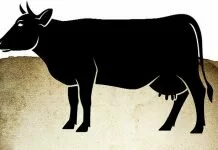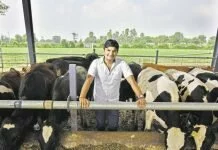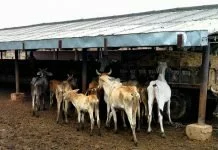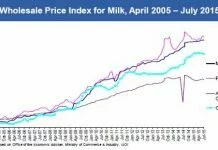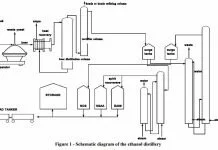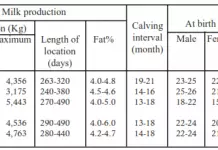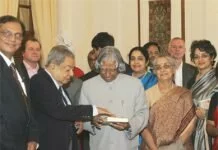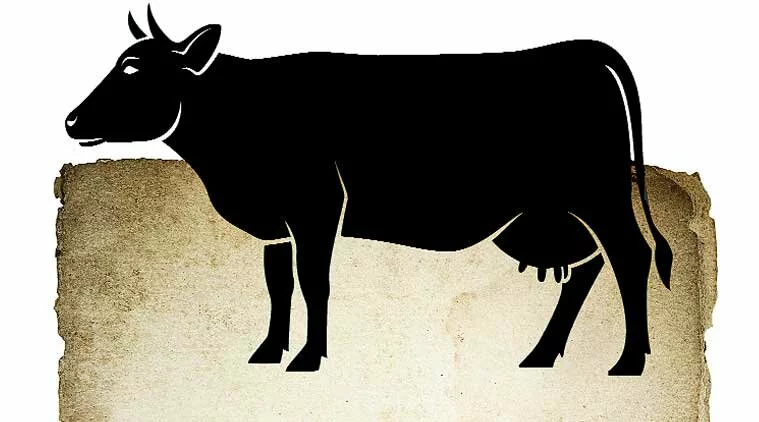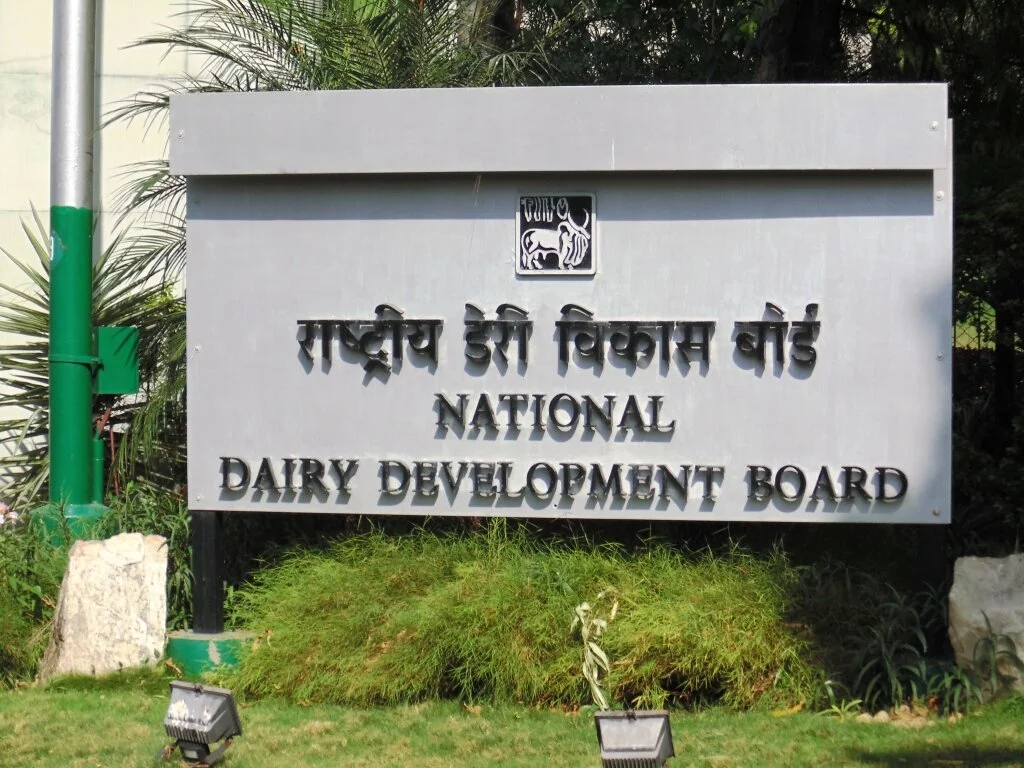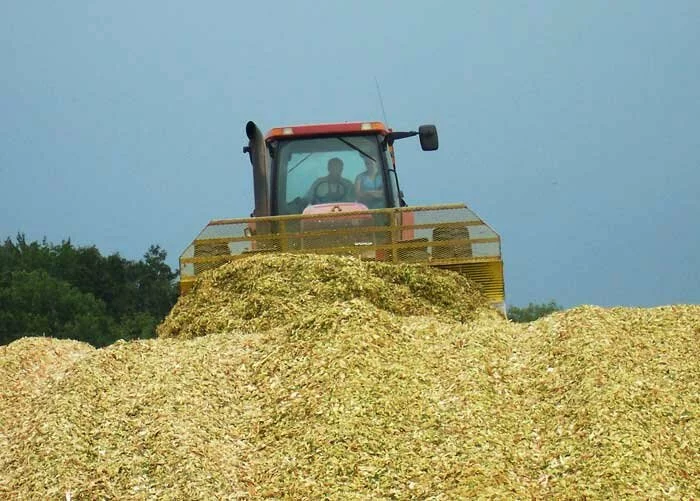Indian cattle vigilantism gives Bangladesh opportunity to be self sufficient
Bangladesh sees an opportunity in cow vigilantism in India that has otherwise checked cattle smuggling to some extent to hit the neighboring country’s meat and hide-based economy.
While Bangladeshi traders admit the check is a “crisis’, economists and farm specialists say the crackdown will make space for the local cattle industry to expand and help the country be self-sufficient.
“We would rather prefer the Border Guards Bangladesh to stop smuggling of cattle from India. This will encourage Bangladeshi cattle farmers to cater to the local and international market,” Dhaka-based researcher Sheikh Rokon said.
Cattle smuggling has not stopped along the 4,096 km India-Bangladesh border despite crackdowns by ‘gau rakshaks’ in the interiors and Border Security Force (BSF) personnel on the frontier.
But the illegal supply of cattle to Bangladesh, according to Rokon, has almost halved from 21 lakh heads in the 2013-14 fiscal. One of the reasons is the capture of more than 140 smugglers along with thousands of cattle heads in the Assam and Meghalaya sectors this year.
This has hit the cattle industry in Bangladesh, worth $600 million last year and powered mostly by 2 million cows and bulls smuggled from India. The smuggling increases during Id-uz-Zuha when about 55 lakh cattle are sacrificed in Bangladesh.
Editorials in major Bangladeshi publications such as Daily Star lauded the ‘Hindu nationalist’ government in India, particularly home minister Rajnath Singh, for the crackdown on cattle smuggling though it has had an economic impact in the Muslim-majority Bangladesh.
According to the Bangladesh Tanners Association, close to 200 tanneries suspended work due to lack of hides and some 4,000 workers were jobless. Beef exporters in the country too have cut down exports by 75% with price of cows increasing by 40-50% because of India’s move.
Until India’s crackdown, cattle slaughterhouses, beef processing units, tanneries and bone crushing factories contributed substantially to Bangladesh’s $190 billion economy.
Security forces in Assam, meanwhile, sought Maharashtra-like laws to control large-scale transportation and smuggling of cattle. “Existing laws in states like Maharashtra can be studied for similar rules in these parts,” RM Singh, special director general (border) of Assam Police said.
Singh heads a newly-formed task force to assist BSF in checking border crimes including cattle smuggling.

Comments
comments




